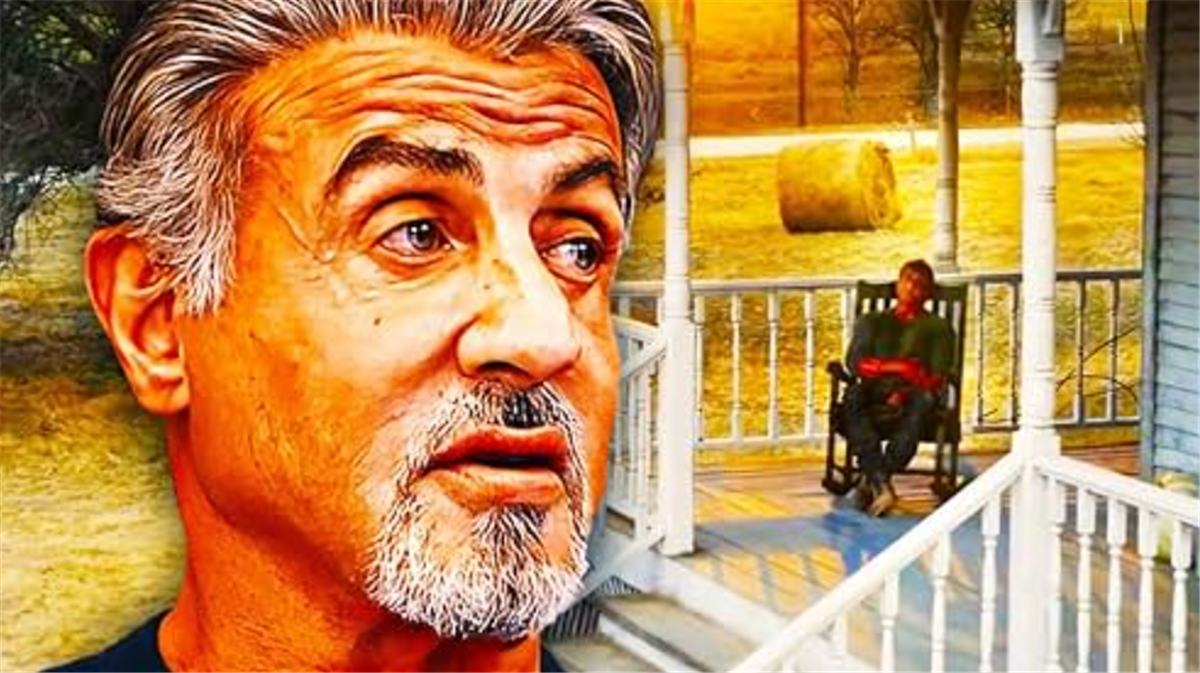Sylvester Stallone and Arnold Schwarzenegger can look back and laugh now about their heated rivalry as they once sought to one-up each other in terms of box-office muscle. Give Arnold the edge when it comes to Netflix documentary memoirs, with his eponymous three-parter easily topping “Sly,” a too Stallone-centric rumination on his “Rocky” rise.
Simply put, too much of the documentary involves Stallone holding forth regarding his life and career, with a few noteworthy revelations – from fortuitous casting developments on “Rocky” to Dolph Lundgren putting him in the hospital during the making of “Rocky IV” – but also a lot of self-serving and frankly tired insights.
Stallone opens up about living with his abusive father, how he started writing out of frustration with the thuggish roles he kept getting offered, and how he turned down what was then a lot of money when making “Rocky” because, while the studio liked the script, they adamantly opposed the idea of him starring in it.

As old clips and current interviews remind us, “Rocky” changed Stallone’s life overnight, while relegating his brother, Frank, to the unenviable status of being known as little more than “Rocky’s brother.”
Easily forgotten, though, is that Stallone’s efforts to follow that early success yielded failures like “F.I.S.T.” and “Paradise Alley,” before he found a home in the franchise business with the alternating “Rocky” and “Rambo” movies as they piled up sequels and profits.
Despite featuring interviews with Schwarzenegger along with “Rocky” co-star Talia Shire, filmmaker and unabashed admirer Quentin Tarantino, and Henry Winkler (who co-starred with Stallone in “The Lords of Flatbush”), director Thomas Zimny (“Springsteen on Broadway”) appears content to let this basically be “The World According to Sly.”

The intent, clearly, is to humanize its subject, presenting an older and wiser Stallone blessed with perspective about his drive to rack up theatrical wins. That includes his later-in-life realization about the importance of family (the documentary briefly touches upon the tragic death of his son, Sage, in 2012) and the unresolved issues – primarily about his dad – that found their way into his work. There’s even a short section about his ill-advised forays into lighter fare, like “Stop! Or My Mom Will Shoot,” which Schwarzenegger claims he essentially tricked him into doing.
Still, the steadfast emphasis on Stallone’s perspective prevents “Sly” from doing as much as it should in contextualizing how his filmography fit into the 1970s, ‘80s and ‘90s, particularly in the way Rambo and Rocky became Cold War foot soldiers. Simply put, Zimny has sat back and allowed this to feel too much like a licensed product.
Like “Arnold,” “Val,” “STILL: A Michael J. Fox Movie” and any number of other nostalgic documentaries unleashed in the last few years, “Sly” possesses value as a pop-culture record, letting an influential talent tell their story to those weaned on their work. Compared to the best of that fertile genre, though, it’s more of a lightweight than a genuine contender.
